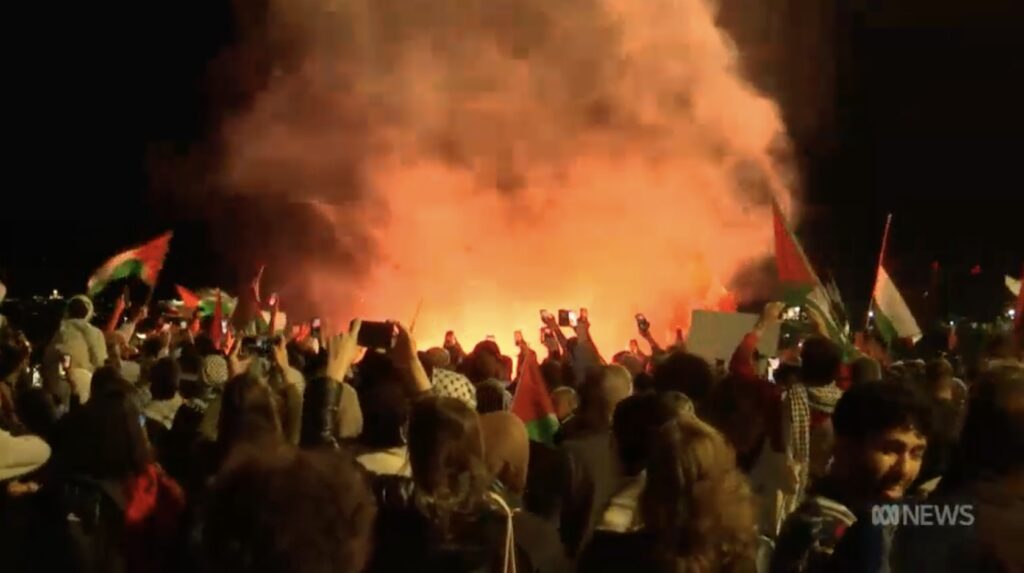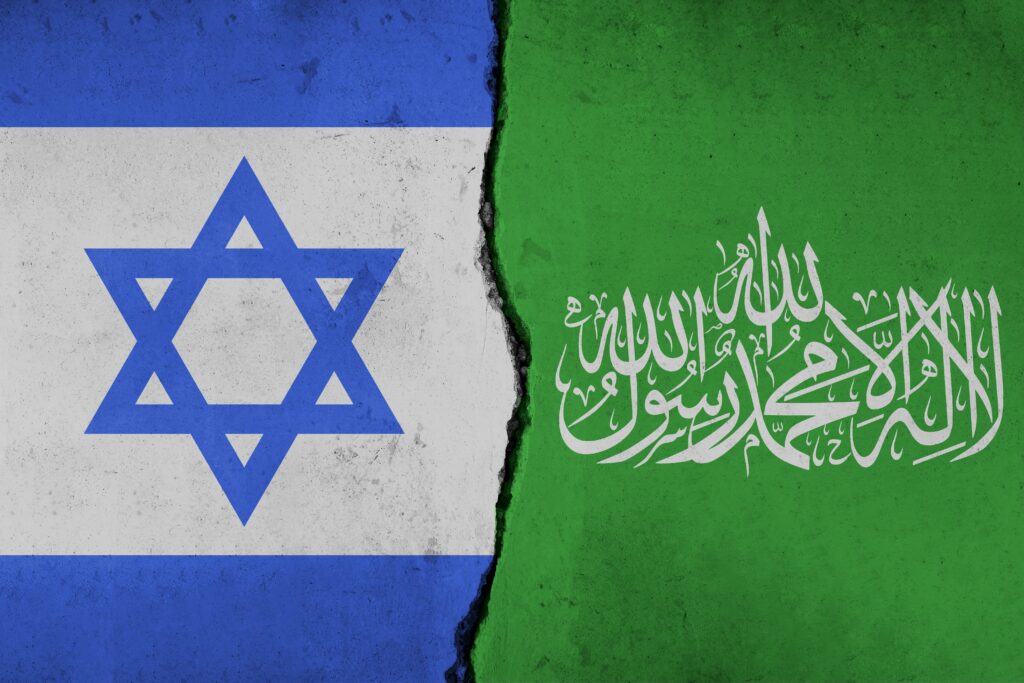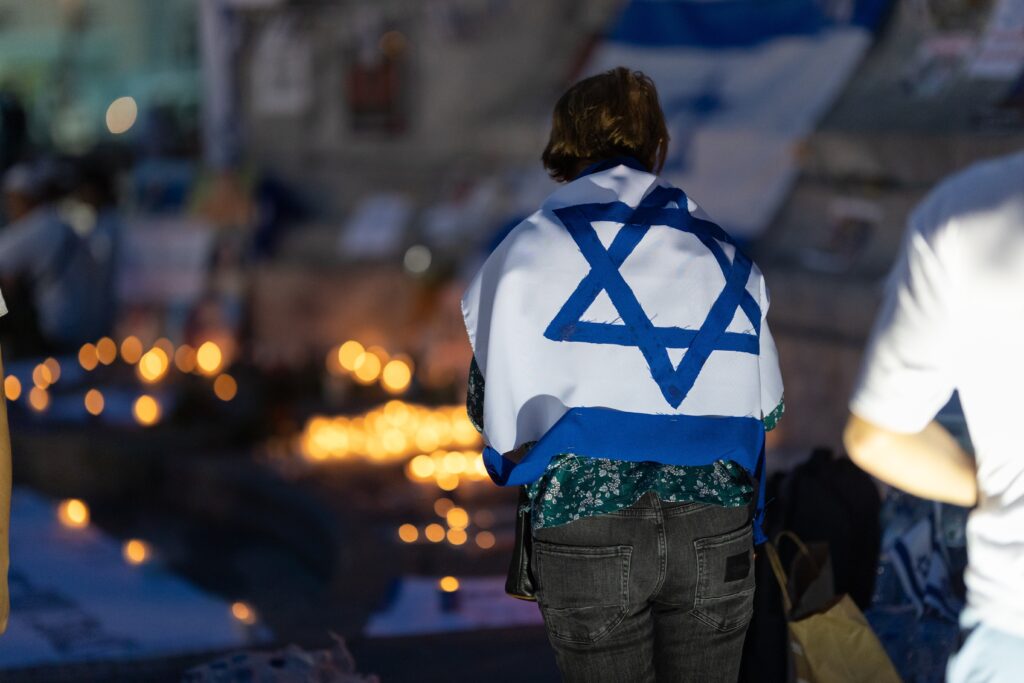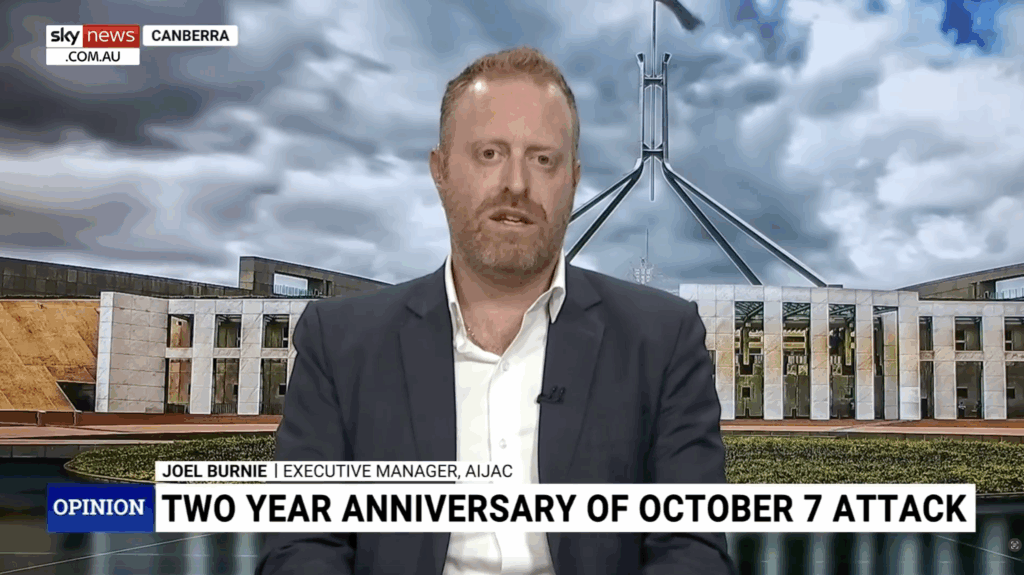FACT SHEETS
UN Human Rights Council divestment list
September 11, 2020 | AIJAC staff
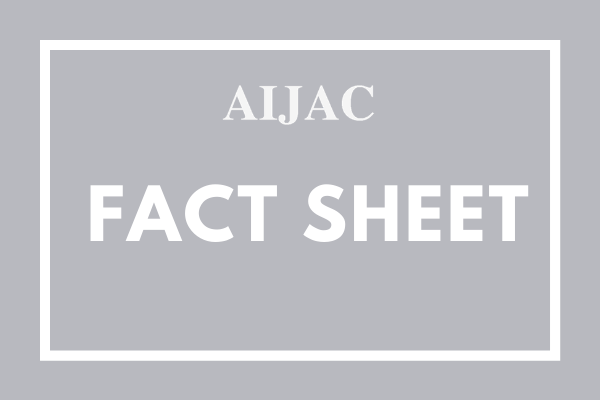
This fact sheet is current as at September 2020.
SUMMARY
In February 2020, the United Nations Human Rights Council (UNHRC) issued a list of businesses that the office of the UN High Commissioner for Human Rights determined were providing services in settlements in East Jerusalem and the West Bank. The objective of the list is to encourage individuals or organisations to divest from companies that are active in Israeli settlements and to put financial pressure on the Israeli Government. The list, which is not legally binding, was heavily politicised, lacked consistency and encouraged penalties on companies that employ both Israelis and Palestinians and provide necessary services to both peoples. The UNHRC itself concedes that it is not alleging that the companies on the list are doing anything illegal.
THE FACTS
What is the UNHRC List?
In March 2016, a resolution was passed by the UN Human Rights Council mandating the Office of the Human Rights Commissioner to publish a list of businesses that “directly and indirectly, enabled, facilitated and profited from the construction and growth of the settlements”. In the four years to February 2020, UN staff drew on information provided by a select group of non-government organisations to create a list of 112 businesses – 94 domiciled in Israel, 18 in six other countries. The businesses listed offer services ranging from a local chain of bakeries and coffee shops, to a communications provider, to public transport companies.
In announcing the lists, High Commissioner for Human Rights Michelle Bachelet made it clear she was not accusing the listed companies of breaching international law. She said: “While the settlements as such are regarded as illegal under international law, this report does not provide a legal characterisation of the activities in question, or of business enterprises’ involvement in them.”
What is wrong with the list?
- No similar list exists for any other conflict zone anywhere else in the world – The UN Human Rights Council has not released similar lists of companies operating in other occupied territories, such as Turkish-occupied Cyprus or the occupied Ukrainian territories. Companies operating in Syrian Government-controlled areas at the height of the Syrian Civil War were not sanctioned by the UN Human Rights Council. Companies providing services to authorities in China’s Xinjiang region, where the Chinese regime is persecuting millions of Uyghurs, are not sanctioned by the UN.
- The listed companies are not breaking any international laws – It is not a breach of international law for these companies to operate in the West Bank and East Jerusalem, even if you regard them as occupied under international treaty law – a characterisation Israel disputes. The Fourth Geneva Convention authorises the occupying power to do business in territory it controls. Similarly, contrary to the claims of some NGOs, the UN’s Guiding Principles on Business and Human Rights expressly envision the continued operation of businesses in areas affected by conflict, unless they become directly involved in human rights abuses. There is no allegation by the UN that any of the companies on the list are involved in such abuses. Israeli supermarket chain Rami Levy, which was listed, has launched legal action against the UN on the basis of its inclusion on the list. A statement from the company responded: “If they could see the coexistence and all the people who earn a living there – Jews and Arabs together – they would encourage these kinds of businesses and not put them on this kind of blacklist. Businesses that are owned by people from the Arab and the Jewish sector work side by side in the malls. Thousands of Palestinians are employed in these places.”
- The countries calling for the development of this list included some of the world’s serial human rights abusers – The 2016 resolution calling for the list was sponsored by Kuwait on behalf of the 22-member Arab group; Pakistan on behalf of the 56-nation Organization of Islamic Cooperation, and other non-democratic states. Among the countries that voted to establish the list were China, Russia, Venezuela and Saudi Arabia. All are responsible for egregious human rights abuses: persecuting ethnic minorities, poisoning democracy advocates, serial corruption and bankrupting their citizens, and widespread oppression of women and minorities. Countries that did not support the development of the list include the United States, the United Kingdom, France, Germany, and other members of the European Union. Apart from Switzerland, almost no Western democracies have voted for or voiced support for the establishment of the UNHRC list.
- The list is a political document and was compiled by partisan NGOs – Despite claims by UN High Commissioner for Human Rights Bachelet that the list was subject to an “extensive and meticulous review process”, the Israeli Government found that many of the NGOs involved in compiling the list for the UNHRC held extreme anti-Israel views, and some employed members of banned Palestinian terrorist organisations.
Does the Australian Government support the UNHRC list?
This UNHRC resolution does not explicitly call for boycotts of the companies on the list, and is not binding under international law. Australia, including Australian companies, Australian superannuation funds and Australian individuals, are not mandated to divest from the companies listed, by either Australian or international law
The Australian Government was not a member of the UNHRC when the resolution establishing the list was passed in 2016. However during Australia’s term on the UN Human Rights Council (2018-2020), Australia’s Foreign Minister and Australia’s Ambassador to the UN Human Rights Council have repeatedly made statements condemning the body’s unbalanced treatment of Israel.
There has been no statement of support or guidance from the Australian Government or from Australian diplomats after this list was published in February 2020. There has also been no public attempt by the Australian Government to encourage compliance.
Do Australian entities, such as superannuation funds, need to divest from these companies?
A fringe group of campaigners is encouraging Australian entities, including Australian superannuation funds, to “divest” from organisations on the UNHRC’s list. These campaigns often imply that there is a legal obligation to divest. These campaigners are supporters of the Boycott, Divestment and Sanctions (BDS) movement.
The BDS campaign against Israel has become a key tactic to delegitimise and isolate Israel internationally.
While many BDS supporters claim it is a non–violent human rights movement that seeks to persuade Israel to withdraw to its pre-1967 borders, the leadership of the BDS movement has stated its intention is to destroy the Jewish State of Israel (Click here for detailed information on BDS).
The Australian Liberal Party, the Australian Labor Party and the Australian Greens all oppose the BDS movement.
There is no legal imperative for Australian entities, including superannuation funds, to divest from any of the companies listed by the UNHRC. The idea behind the list is to deter companies from doing business in Israeli settlements with the objective of placing financial pressure on Israel as part of a wider campaign to isolate and delegitimise it. The list is both not binding under international law and a blatantly political act by the non-democratic majority in a UN body whose record of bias and lack of impartiality with respect to Israel is widely acknowledged, including by the Australian Government.
It is also important to note that given the vast majority of companies listed are local to Israel and the Palestinian Territories, and it is unlikely many, if any, Australian investors are exposed.
Tags: Australia, BDS, UN, UN Human Rights Council, United Nations, West Bank, divestment

